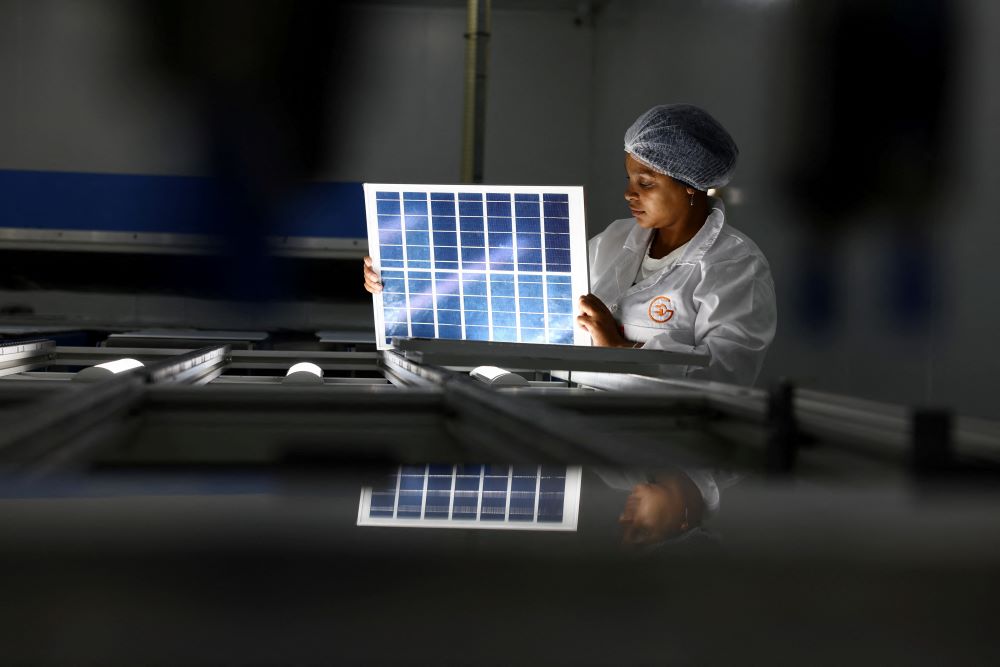Comment: Africa could see the creation of millions of green jobs, along expanded and resilient global value chains – but for this to happen, it needs more international support
Ambassador Ali Mohamed is Kenya’s Special Envoy for Climate Change and Chair of the Africa Group of Negotiators at the COP29 UN climate conference.
At COP29 in Baku, governments are convening to negotiate scaling up climate finance commitments, to keep the 1.5°C goal within reach and ensure sufficient funding to address escalating climate impacts.
The Independent High-Level Expert Group on Climate Finance has concluded that emerging markets and developing countries, excluding China, will require approximately $2.4 trillion in annual investments by 2030 to fund energy transitions, adaptation and resilience, address loss and damage, and conserve and restore nature. This amount is four times higher than current levels.
With the backdrop of this global financing imperative, Africa has positioned itself as a key player in the climate action agenda. The Nairobi Declaration on Climate Change and Call to Action, adopted at the inaugural Africa Climate Summit in 2023, articulates a bold vision to tackle both the climate crisis and Africa’s economic development needs through climate-positive growth.
Leveraging Africa’s immense human and natural resources, the Declaration emphasised the continent’s potential to play a central role in the global climate effort, notably by harnessing renewable energy for industrial activity; deploying climate-smart, restorative agricultural practices; and enhancing nature and biodiversity.
Climate-positive growth in Africa is inseparable from the urgent need to scale climate finance. Realising this dual priority is not just a regional challenge – it is a global one. What future can we imagine for Africa and its neighbours if global temperatures exceed 1.5°C?
From cyclone to drought, Zimbabwe’s climate victims struggle to adapt
Even at 1.3°C of warming above pre-industrial levels, the continent has already faced devastating consequences. Wildfires have ravaged Algeria, Morocco and Tunisia, taken lives and destroyed landscapes. Droughts in the Greater Horn of Africa have wiped out 9.5 million livestock across Ethiopia, Kenya and Somalia, followed by flash floods that have claimed nearly 600 lives in the Democratic Republic of Congo, Kenya and Rwanda.
Unpredictable rainfall has caused injury, loss, and damage for nearly four million people in southern Africa, the Greater Horn and Madagascar. In Mozambique and Malawi, cyclones have resulted in 500 deaths and displaced half a million people. Without immediate action, further declines in livelihoods and mass emigration to less climate-vulnerable countries are inevitable.
Millions of green jobs
If there is success in the COP29 climate finance negotiations, the future of our continent could be transformative. We can achieve the vision of green industrialisation and see the creation of millions of green jobs, along expanded and resilient global value chains.
COP28 set a goal of t
Read More

